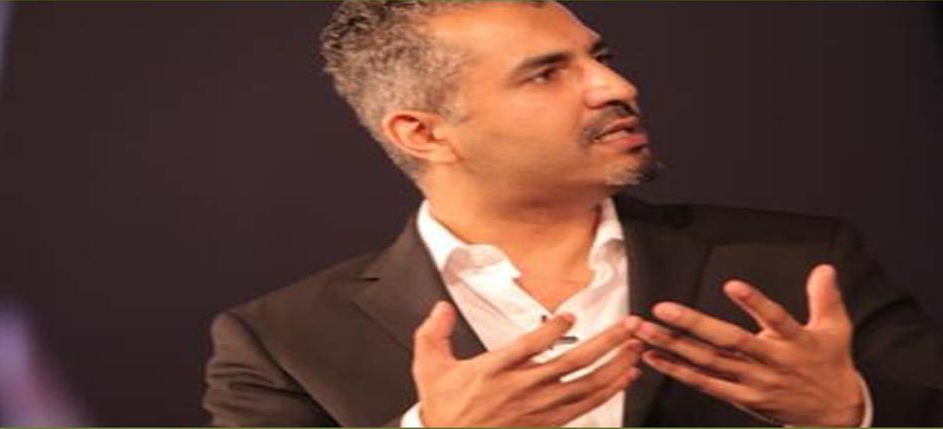Maajid Nawaz witnessed “violent racism” growing up in Essex, which contributed to his now abandoned adoption of extremist ideology
Democratic countries must adopt a “trans-national” outlook if extremism is to be successfully combatted, says Quilliam Foundation Chairman Maajid Nawaz.
Maajid, who co-founded Quilliam, the world’s first counter-extremism thinktank, in 2008, was speaking ahead of his lecture on the theme ‘What does 2020 look like?’ part of the University of Liverpool’s Security and Conflict public lecture series.
Citizenship based on allegiance
Maajid said: “If we were being idealists, 2020 would see a world where Europe has moved on from defining citizenship by racial definition, to what we have here or in the USA where it is based on allegiance, free of racial or religious background.
“Identity would move on from the corrosive nationalism that led to two world wars, to a citizenship model and beyond that, to try to bond over ideas and narratives. Somebody from Britain would have more in common with somebody they met in Dubai – a major international city – if they shared democratic values, than they would with a fascist from Britain.
“Extremists have been doing this for a long time, bonding on a trans-national level beyond borders, and the far right is the same.”
He says he believes advances in technology and transport will go a long way towards achieving the successful adoption of a trans-national outlook but warns that, in the meantime, there is “every chance that the trans-national bonds extremists are forming will increase and grow”.
Born in the UK, of Pakistani origin, Maajid’s journey to Quilliam began when he joined the extreme Islamist group, Hizb al-Tahrir as a 16-year-old, in response to witnessing “violent racism on the streets of Essex” and exposure to the emerging conflict in Bosnia.
He said: “I needed a ‘catch-all’ narrative and Islamist ideology provided that for me”
But it was while in an Egyptian prison, where he served four years as an Amnesty International adopted ‘prisoner of conscience’, that Maajid abandoned his extremist views and went on to establish Quilliam, to stand up for religious freedom, equality, human rights and democracy.
Religious freedom ‘under threat’
He says he believes “religious freedom is under threat” both by state and non-state forces: “We are very concerned by the way in which minority peoples are restricting religious freedom within their own minority. It’s not always the case that a group that has its own religious freedom restricted behaves in the best way towards its own minorities.”
Maajid’s trip to Liverpool represents something of a homecoming. Despite growing up in Essex, he has supported Liverpool FC since childhood, citing the club’s “philosophy” as the reason for his early interest.
The lecture forms part of the University of Liverpool’s Security and Conflict series that opened with Metropolitan Police Commissioner, Sir Bernard Hogan-Howe, and will also see contributions from former British Army Officer, Colonel Tim Collins; journalist, Rageh Omar; former British Army Chief of the General Staff, General the Lord Dannatt and former Foreign Secretary, David Miliband MP.
Tickets are free and available at http://www.liv.ac.uk/events/2020/ or by telephoning the ticket line on 0151 794 2650. Maajid’s lecture will take place on Wednesday February 27 at 6pm in St George’s Hall.
